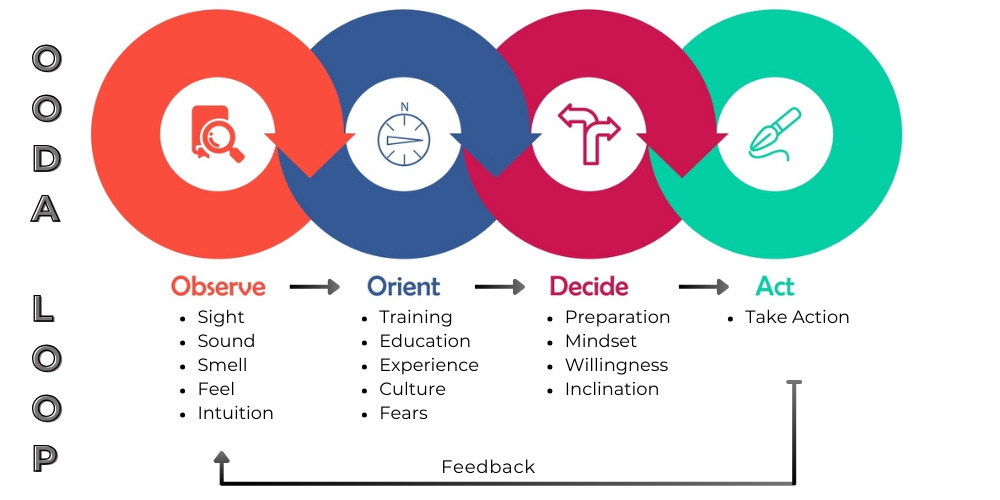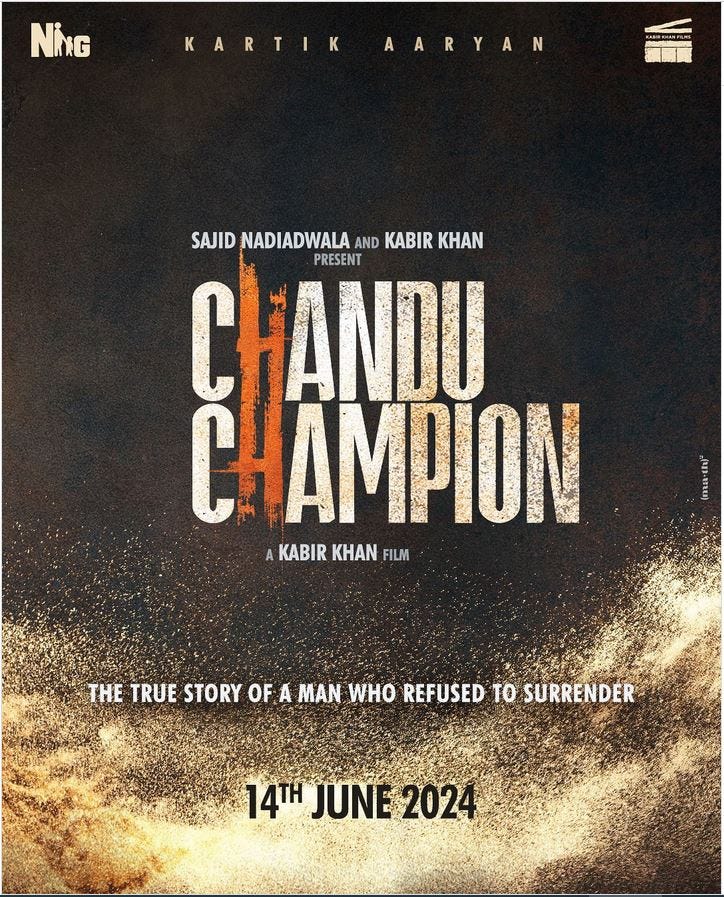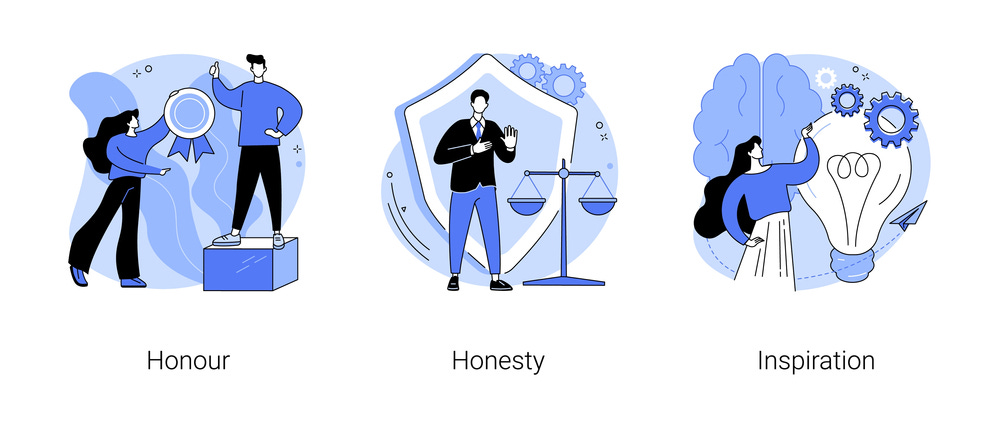6 Lessons From Chandu Champion
Things that spurred me on to take notes during a movie (a rarity for me!)
‘There’s this movie with good reviews. Wanna catch it?’, my husband asked.
Sounds so vague, right? He could’ve mentioned the movie's name, time, day, or date. To be fair, he did. He’s meticulous like that.
Recently, I have started dissociating mid-conversations and living in the mental world of problems I want to solve ASAP. So, I missed out on all the details he provided. To cover up my lack of attention, I quickly agreed to go to the movie. I’m always up for doing things with him, even if I don’t always know what we’re doing.
And that’s how I found myself lounging on the recliner seats at the back of the theater, a pashmina draped over my legs (why are theaters always so chilly? ), watching thrilling trailers for upcoming releases.
When the certificate for the movie flashed on the screen, that’s when I realised the movie is called “Chandu Champion.”
Watch the trailer here:
First Impressions:
It’s a Kabir Khan movie based on sports.
I didn’t expect much from what was obviously going to be a linear plot: hurdles, challenges, lack of institutional support, victory against the odds, an unexpected twist, overcoming the twist, Indian flag, patriotism, pride, instrumental national anthem (sometimes, not necessarily), upbeat motivational score.
That’s the general screenplay for any sports movie. But it’s the treatment, the cast, and their conviction in their roles that elevate a mediocre sports film to greatness. You’d think I hated the movie. It’s hard for me to like Kartik Aryan and his cheesy smiles, but I’ll admit, that’s my personal bias. I didn’t hate the movie, though. It had its moments, and I brought some of those moments home from the story of our main character, Murlikant Petkar, that I’d like to share.
Before we jump to the preachy part of this newsletter, here’s a reminder for you:
Quick disclaimer: This newsletter contains some spoilers for the film. If you haven't seen it yet, consider watching it first.
Dedication to Passion:
The movie begins with a young Murli perched on his Dada’s (elder brother) shoulders, among throngs of people at the railway station welcoming wrestler Khashaba Jadhav, who won a bronze medal at the 1952 Summer Olympics in Helsinki. He was the first athlete from independent India to win an individual Olympic medal.
Childhood impressions, beneficial or detrimental, have the power to shape one’s whole life.
There in his shining eyes, I saw inspiration, ambition, and dreams—to win an Olympic medal for his country.
While most of us easily give up on our childhood dreams, Murli didn’t. As we grow up, our conviction in our abilities starts to diminish.
Isn’t it ironic that our dreams are bigger the smaller we are?
Murli not only dreams but also starts working towards his goal. This sets champions and Chandus apart.
When his elder brother tells him the closest he can get to an Olympic medal is by wrestling, he is keen to learn wrestling from the local coach in the village Akhara.
Lesson 1: A burning passion and sincere dedication to achieving that passion can take you a long way. The most basic lesson of life is don’t give up. But let’s take this one step further, don’t give up but also work on your goals.
Kindness:
When Murli tells his classmates he wants to be a champion, they ridicule him, mocking his ambition. The entire village dismisses him as a "Chandu," a loser. His Akhara teacher doesn't take him seriously until he demonstrates unwavering dedication to back up his words. This brought me to the second lesson from the movie.
Lesson 2: Keep your goals to yourself and let your actions speak. Prove your commitment through hard work and perseverance before announcing your ambitions to the world.
But then I wonder, isn’t talking about our dreams a simple way to manifest them and seek help and guidance when we’re lost in a fog of uncertainty?
Throughout the movie, I watched Murli draw the help, direction, and support he needed, simply because he communicated his relentless ambition. He remained unwavering in his pursuit, even when the path ahead was shrouded in doubt.
So, scratch Lesson 2.
Lesson 2: Be kind when someone shares their goals, vulnerabilities, failures, and struggles. Try to lift people up, and if that’s beyond your abilities, at least be the moral support you’d need were you in their shoes.
Gratitude:
Let’s move on to the next lesson.
In Karnail Singh, Murli finds the confidant he’s been missing all his life—a partner in crime, a support system, and family away from family. When Karnail dies later in the movie, Murli is left grieving and bereft of the only support he had in a cruel world.
Lesson 3: The lesson here is simple yet profound: Life is unpredictable, and the opportunity to convey your gratitude might pass unexpectedly. Seize the chance to let your loved ones know how much they mean to you, show gratitude while you still can. Express your appreciation and love openly and often.
Observation:
In one scene, Murli mimics the wrestlers’ techniques in his alone time, observing and making mental notes. When his first wrestling match comes, he uses all his learning. Later, Tiger Ali, the Indian Army boxing coach (played by my personal favorite Vijay Raaz), tests him against an established boxer, saying he will train him only if he lands a punch. Struggling initially, Murli sees Karnail demonstrating the correct stance and defense. In a quick 5-second, 3-step tutorial, he grasps it and lands the critical punch.
This brings us to our next takeaway.
Lesson 4: Sometimes, staying silent, observing keenly, and biding your time can lead to a moment of stunning clarity and impact. When the right opportunity arises, your thoughtful actions can leave others in awe and achieve remarkable results.

Tough Love:
Murli’s brother, Jagannath, has always shown him the fatherly affection their strict father failed to provide. He carries Murli on his shoulders, teaches him the value of humility and success, and is his biggest cheerleader.
When Murli's lower body gets paralyzed, Jagannath visits him in the hospital with his family. He asks Murli to stay at the hospital, where better care is available, rather than coming home. This decision, uncommon in Indian culture, reflects Jagannath’s deep love and sense of responsibility. Despite his tears, Jagannath’s resolve remains firm, believing it’s best for both Murli and the family.
Sometimes, love needs you to look at the bigger picture, act selflessly, and make difficult decisions that prioritize the well-being and cohesion of the entire family unit.
This is exactly the lesson here.
Lesson 5: Tough love is essential for true growth and understanding. It involves recognizing and embracing one's roles and responsibilities, even when it means sacrificing personal feelings for the greater good.
Pivot:
His goal is to win an Olympic gold medal. When wrestling becomes infeasible due to the lack of coaches in the Indian army, he shifts to boxing. After paralysis renders boxing impossible, he turns to swimming. If not an Olympic gold, then a Paralympic one.
Murli continuously revises his strategy and pivots until he achieves his goal. That’s the lesson here.
Lesson 6: The path to success often requires adapting and pivoting strategies. When obstacles arise, flexibility and resilience are key. Continuously revising your approach while staying focused on your ultimate goal ensures progress, no matter the challenges. Persistently adjusting your strategy can lead to achieving your dreams, even if it means finding new ways to reach them.
If you think there are more lessons to be learned from the story of Murlikant Petkar, share them with me in the comments.
Also, I love feedback. Please let me know what you liked the most about this newsletter and where it has scope for improvement.







